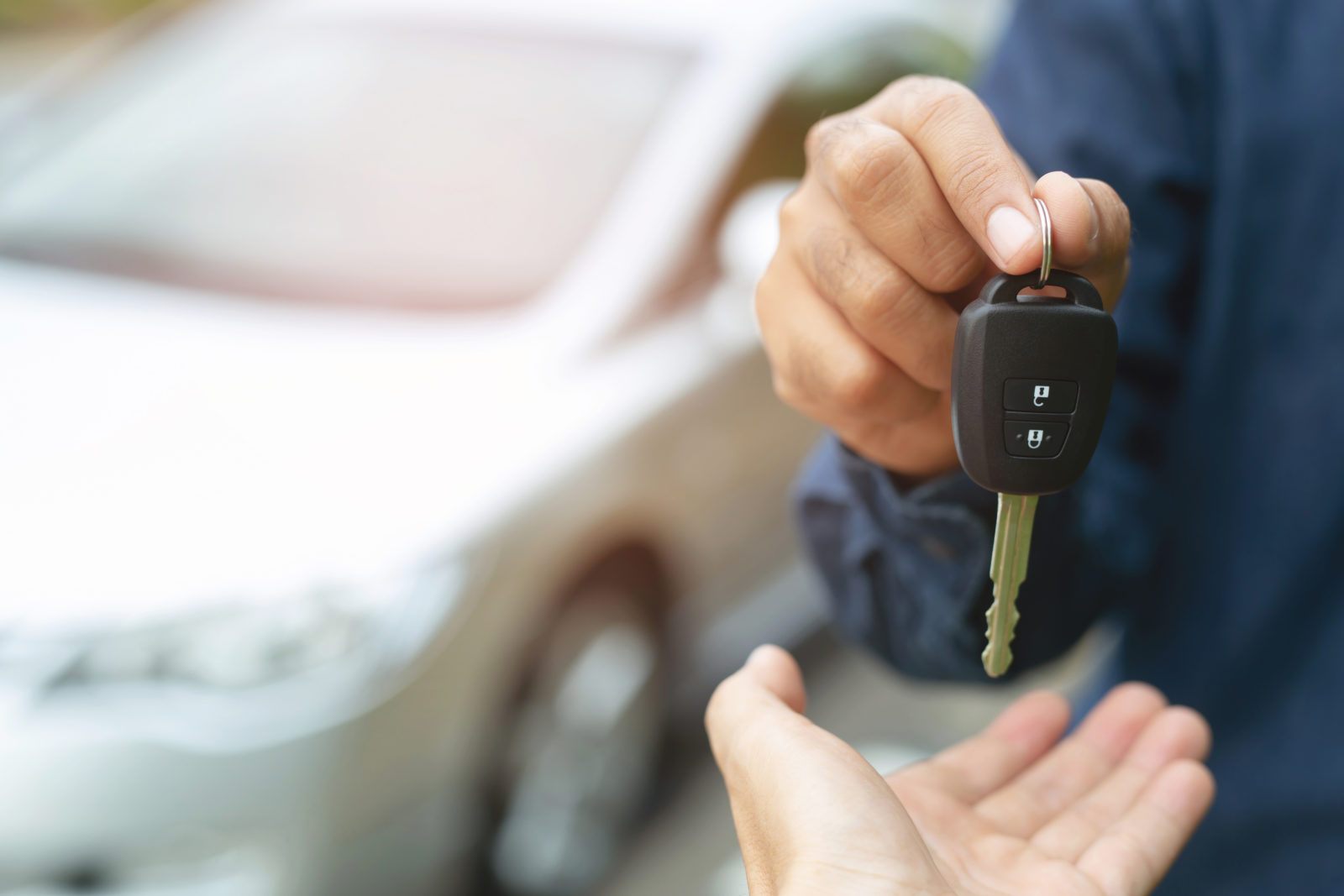Before you drive off in the used car you’ve had your eye on, take a moment to understand why a free car check should be the first step before falling head over heels in love with it! Discover how to access a car’s history for free, learn when to carry one out, and unearth essential details to make the best decision for you. A free check can cover everything from running costs to ULEZ compliance and mileage history!
How to Check a Car’s History for Free
Checking a car’s history for free typically involves using online resources that provide basic information about a vehicle. However, for the most comprehensive historical data that doesn’t cost you a penny, Motorscan’s free car check offers the most, and all you need is the car registration. We partner with the Driver and Vehicle Licensing Agency (DVLA), Driver and Vehicle Standards Agency (DVSA) and the Society of Motor Manufacturers and Traders (SMMT) to bring you the complete picture. With Motorscan, you’ll get the peace of mind that comes with knowing the history of the vehicle you’re considering.
When to Get a Free Car Check
Running a free car check is crucial to the used car buying process, so as soon as you find a car that interests you, check the vehicle’s history with Motorscan. Carrying out a free vehicle history check shouldn’t be an afterthought, so don’t wait until just before you hand over your hard-earned cash. The data available with a free car check can make the difference between confidently saying yes or walking away wisely!
What You’ll Find in a Free Car Check
Carrying out a free car check with Motorscan is quick and easy and provides a wealth of data to help you determine whether the car you’re eyeing aligns with the seller’s claims and is worth pursuing:
- Running Costs: See ongoing running expenses at a glance, from road tax to insurance group.
- Vehicle Specifications: Check that the car’s details match the seller’s description.
- ULEZ Compliance: With just the registration, determine whether the car complies with ULEZ, CAZ, and other emission zones.
- Mileage History: Instantly access the recorded mileage from every MOT to spot any anomalies and potential odometer fraud.
- MOT History: Review past MOT tests to assess the vehicle’s performance and condition over the years. Multiple failures or advisories may indicate ongoing issues, especially in a used car that’s not necessarily that old.








Leave a Reply
View Comments